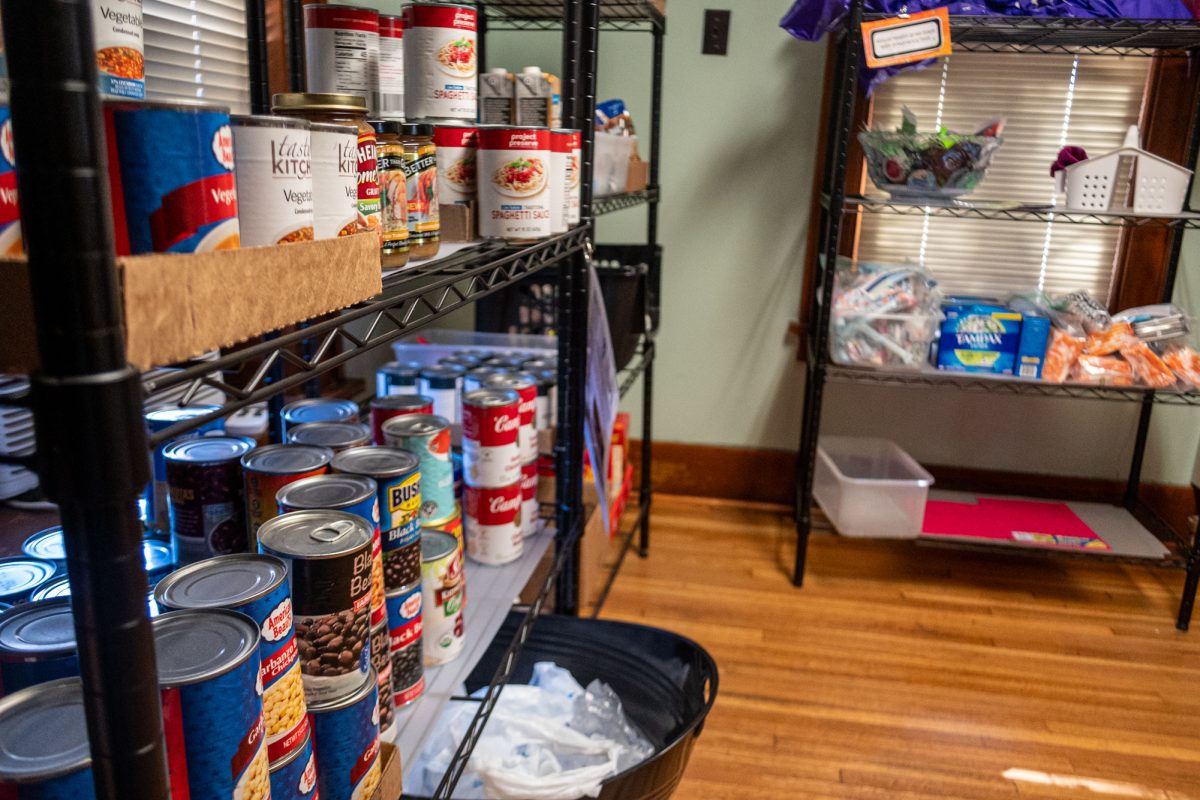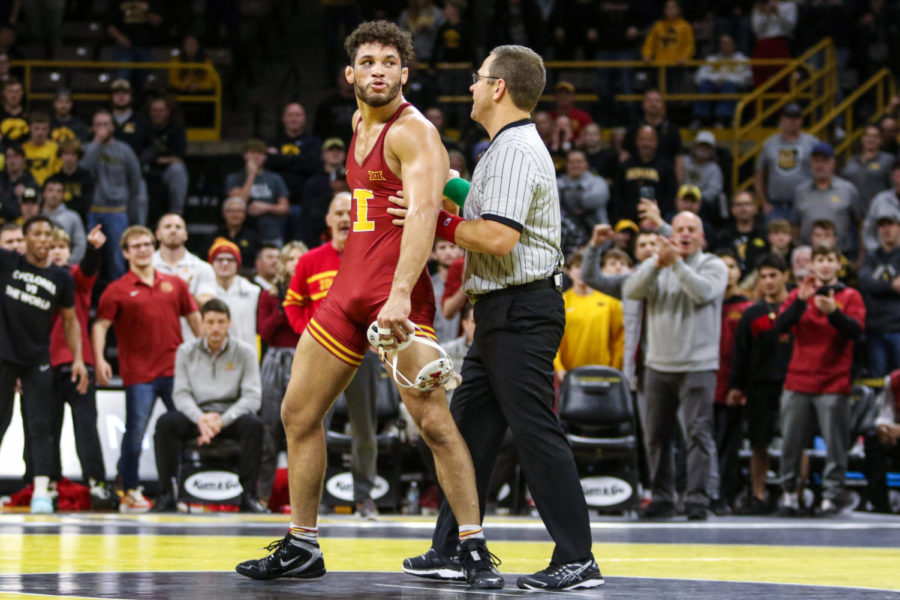EDITORIAL: Are marijuana laws ‘shwag’ or ‘dank?’
November 10, 2004
In case you missed it, last week Montana became the 11th state to allow medical marijuana. Voters in Alaska, which already allows medicinal marijuana, decided not to decriminalize the drug. If you’re keeping score at home, marijuana is still illegal throughout the United States, but its medicinal use is now allowed throughout much of the West.
We hope this trend of allowing reasonable use of marijuana continues, however slowly. (And it has been slow — in 1995, the American Public Health Association issued a statement on marijuana concluding “that greater harm is caused by the legal consequences of its prohibition than possible risks of medicinal use.” It has now taken 10 years to get to our present position.)
In any case, we also think a nice complement to the loosening of prohibitions on the drug would be some relaxation of the criminal penalties still associated everywhere with its use.
More than 85 percent of marijuana-related arrests — and there were more than 750,000 such arrests in 2003 — are for possession. Whether those arrests lead to fines or jail time, it’s at the least a lot of paperwork associated with offenses against a law that Americans are clearly beginning to question.
We don’t question tough sentences for marijuana producers and distributors — the law is still the law, and to flaunt the law because you feel it to be mistaken has not proven an especially wise strategy in American politics of late.
But it seems appropriate to re-evaluate sentences for possession in light of both the large number of arrests and the changing attitudes of the electorate toward the drug. It doesn’t make a lot of sense, given finite law enforcement capabilities and prison space, to make penalties for marijuana use punitive.
It’s true that this sounds like accommodating the law to what people happen to believe at the moment instead of basing decisions on the objective research of doctors and a reasoned discussion of the value of marijuana.
But this isn’t analogous to blaming a riot solely on alcohol regulations and arguing that their removal would eliminate the possibility of a future riot (Veishea, cough, cough). In this case, proponents of decriminalization actually are offering some reasoned opinions. We wouldn’t argue for the softening of the penalties if we weren’t prepared to follow the argument to its logical conclusion — the eventual decriminalization of the drug.
A bit of common sense enters the discussion, too. With regard to both legislation and law enforcement, it seems there are better issues to spend time worrying about in the United States. With our prisons packed, it’s “high time” we re-examine our marijuana laws.






